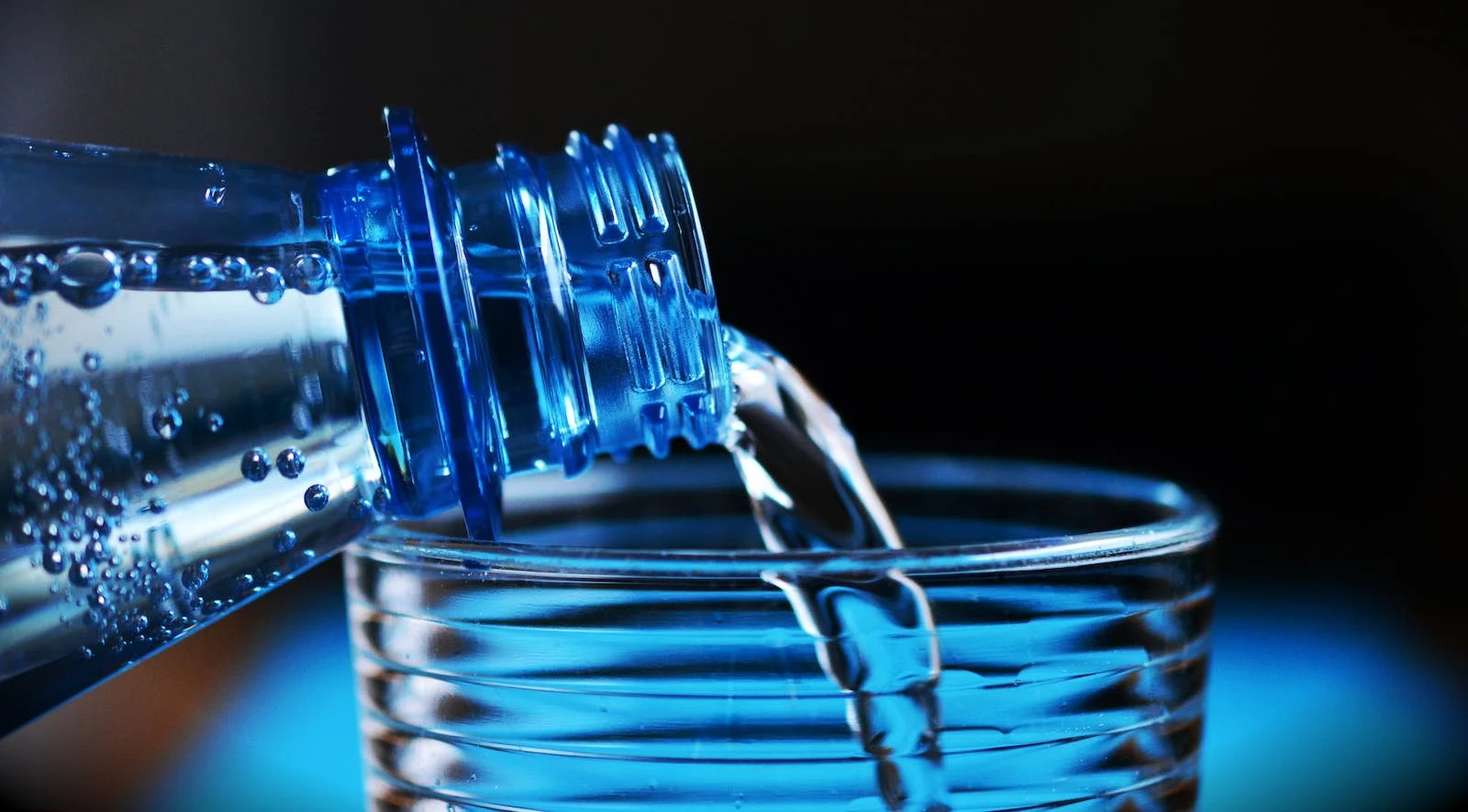
29 Apr AUA23: Study Examines Whether Alkaline Water Drinks Really Provide Extra Anions
MedicalResearch.com Interview with:
Paul Piedras, BS
University of California, Irvin
MedicalResearch.com: What is the background for this study?
Response: The consumption of alkaline water is gaining popularity among the public as a preferred method of hydration. A variety of reasons may be associated with this including that the general population may believe that drinking an alkalotic fluid will lead to a raise in systemic pH. Given that alkaline water is more expensive than spring water, we decided to further explore what effects it may have on urinary alkalization.
MedicalResearch.com: What are the main findings?
Response: The main finding from this is that alkaline water provides scant physiological alkali, meaning it provides no additional organic anions (citrate and bicarbonate) which are needed to raise urinary pH. Supplemental findings are that there are alternative ways to provide raise the urinary pH such as the use of baking soda, orange juice, and Now Potassium citrate powder.
MedicalResearch.com: What should readers take away from your report?
Response: Readers should recognize that there are relatively cheap alternatives to providing a systemic alkalization. In addition, these viable alternatives may be more palpable and less of a hassle than other more common prescribed supplements.
MedicalResearch.com: What recommendations do you have for future research as a results of this study?
Response: Future studies should look at the long-term viability of sodium bicarbonate as an alternative for urinary alkalization, in addition to using generic potassium citrate such as Now potassium citrate powder.
MedicalResearch.com: Is there anything else you would like to add? Any disclosures?
Response: While baking soda is the most effective supplement containing alkali content, it is important to exercise caution due to the sodium load associated with its consumption. To achieve a recommended intake of 30 milliequivalents (mEq) of alkali, an individual would need to ingest approximately 800 milligrams (mg) of sodium. This is noteworthy as a low sodium diet, as prescribed by the American Heart Association, is defined as one that contains less than 2.3 grams (2300mg) of sodium. Therefore, individuals should be mindful of their sodium intake when incorporating baking soda into their diet as a source of alkali.
Citation: Abstract presented at the 118th Annual Scientific Meeting of the American Urological Association
MP10-15 ALKALINE WATER: HELP OR HYPE FOR URIC ACID STONE PATIENTS?
Paul Piedras, Amanda McCormac, Seyed Amiryaghoub Lavasani, Minh-Chau Vu, Rohit Bhatt, Kalon Morgan, Andrei Cumpanas, Zachary Tano, John Asplin, Sohrab N. Ali, Pengbo Jiang, Jaime Landman, Ralph V. Clayman, Roshan M. Patel.
The information on MedicalResearch.com is provided for educational purposes only, and is in no way intended to diagnose, cure, or treat any medical or other condition. Always seek the advice of your physician or other qualified health and ask your doctor any questions you may have regarding a medical condition. In addition to all other limitations and disclaimers in this agreement, service provider and its third party providers disclaim any liability or loss in connection with the content provided on this website.
